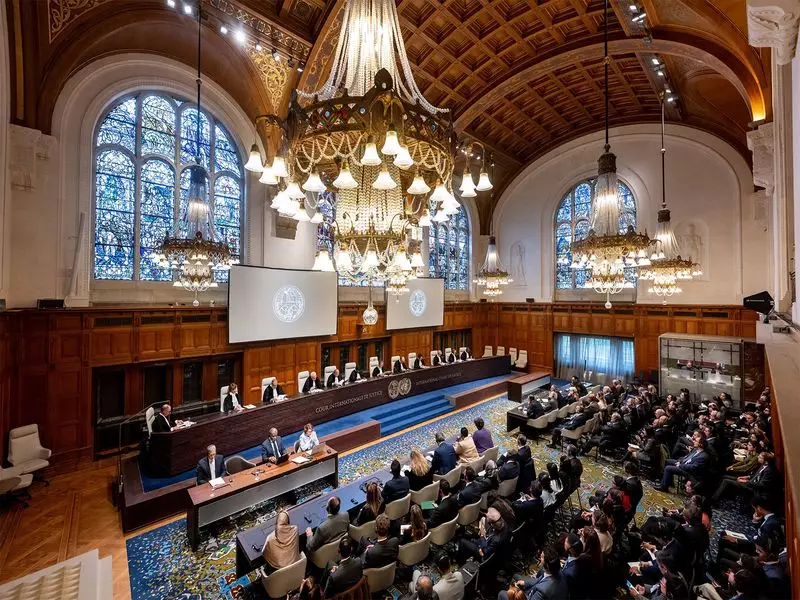
In a bold move that sets the stage for heightened international confrontation, Israel has firmly rejected the International Court of Justice's advisory opinion that condemned its restrictions on humanitarian aid entering the Gaza Strip.
Defiance Against International Law
The Israeli government issued a strong statement categorically refusing to comply with the ICJ's ruling, which demanded immediate and unrestricted humanitarian access to Gaza's civilian population. This position places Israel at odds with one of the United Nations' principal judicial bodies.
"The charge of intentional humanitarian restrictions is not only baseless but represents a dangerous politicization of international law," stated Israeli officials in their official response. They maintained that their security protocols for aid inspection remain necessary to prevent weapons smuggling.
Mounting International Pressure
The ICJ's opinion represents the latest development in growing international concern over the deteriorating humanitarian situation in Gaza. The court's non-binding but influential ruling adds to previous judgments that have increasingly scrutinized Israel's military operations and blockade policies.
Legal experts suggest that while the advisory opinion lacks enforcement mechanisms, it carries significant moral and diplomatic weight that could influence future UN resolutions and international policy decisions regarding the conflict.
Humanitarian Organizations Respond
Major aid agencies have expressed deep concern over Israel's rejection of the court's opinion. "This decision directly impacts our ability to deliver life-saving assistance to civilians facing severe food and medical shortages," reported one international relief coordinator operating in the region.
The ongoing dispute highlights the complex intersection of security concerns, international law, and humanitarian imperatives that continues to define one of the world's most protracted conflicts.





